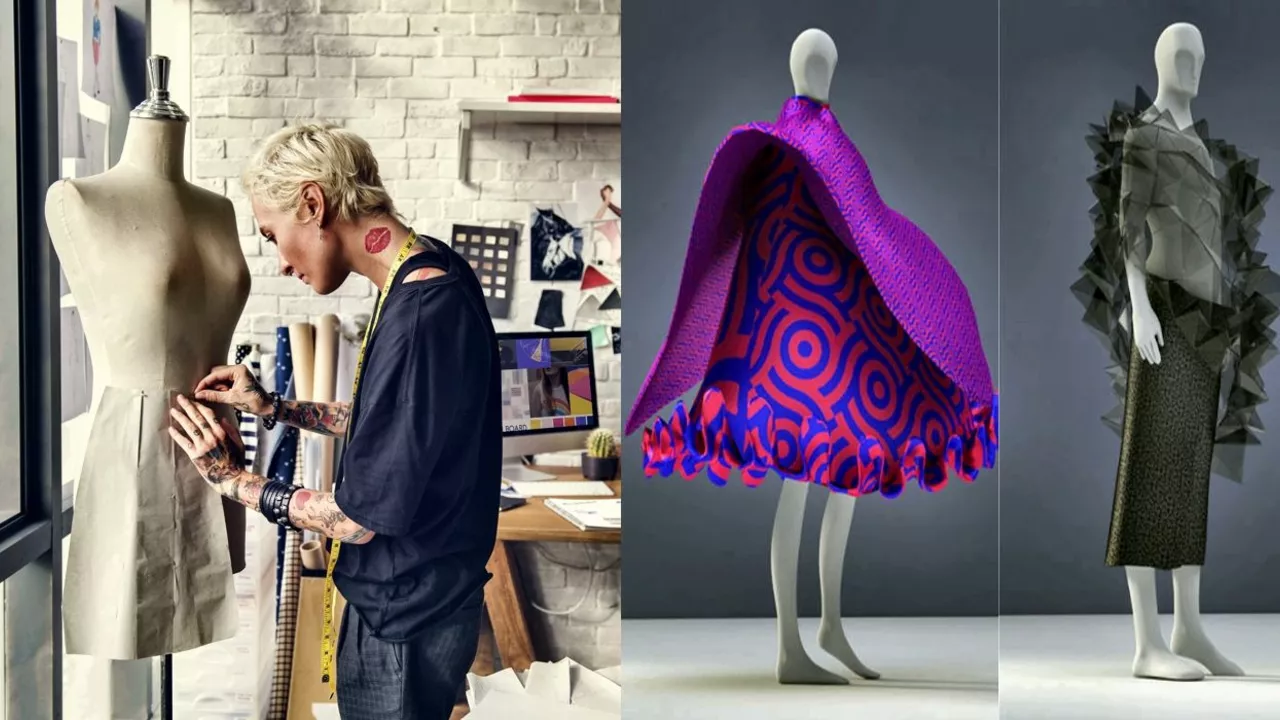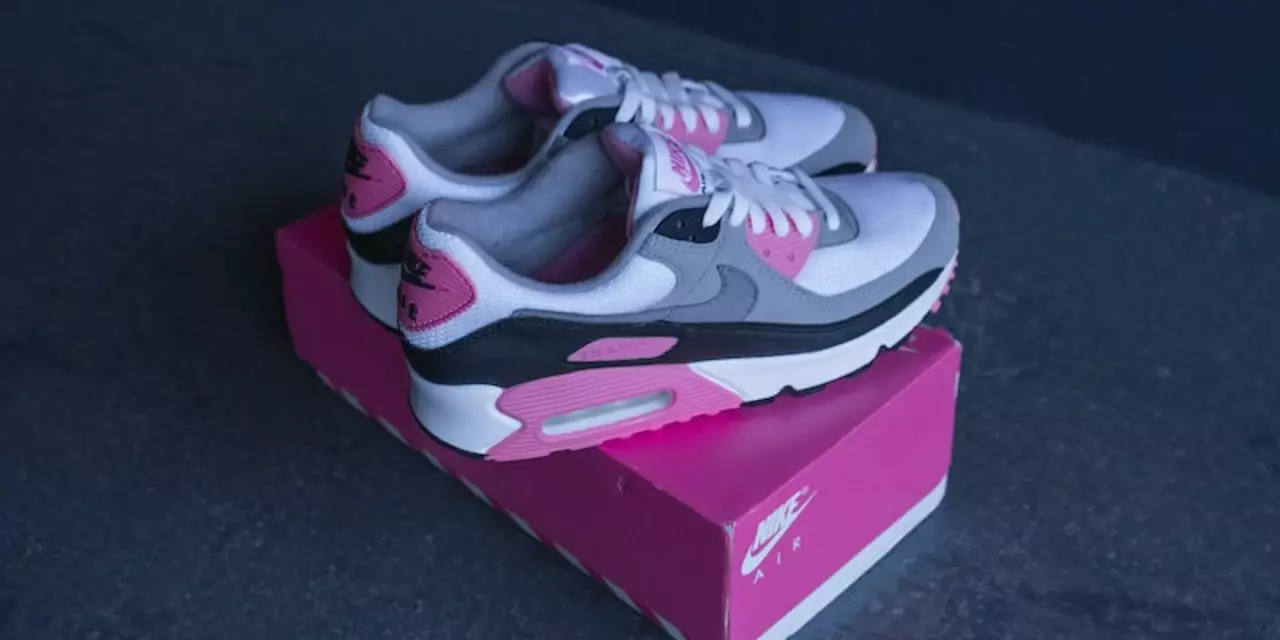
Understanding the Appeal of Fake Designer Clothing
Let's start off with why people are drawn to fake designer clothing in the first place. Most people love the idea of owning designer items, but not everyone can afford the hefty price tags. Fake designer clothing offers the look and feel of luxury without breaking the bank. This is especially appealing for fashion enthusiasts who want to keep up with the latest trends, but don't have the budget to purchase original designer pieces. It's also a way for individuals to experiment with different styles before investing in the real deal.
However, it's important to note that fake designer clothing isn't just about affordability. For some, it's a form of rebellion against the exclusivity of the fashion industry. By wearing fake designer clothing, they challenge the idea that luxury is only for the rich and famous. This democratization of fashion is a powerful statement, and it's one of the reasons why the fake designer clothing market continues to thrive.
Debating the Ethics of Fake Designer Clothing
One of the biggest arguments against fake designer clothing is that it's unethical. Critics argue that it's a form of stealing, as it involves copying designs and logos without permission. This not only harms the original designers who spend time and resources to create unique pieces, but also the workers in the fashion industry who rely on sales for their livelihood.
On the other hand, supporters of fake designer clothing argue that the fashion industry itself is problematic. They point out that many designer brands exploit workers in developing countries, charging exorbitant prices for items that cost very little to produce. In this light, fake designer clothing can be seen as a form of resistance against these unfair practices.
Exploring the Social Stigma Around Fake Designer Clothing
There's no denying that there's a social stigma around fake designer clothing. Many people view it as a sign of deceit, as it involves pretending to own something that one can't afford. This can lead to judgment and criticism, which can be tough to deal with. However, it's important to remember that everyone has different reasons for wearing fake designer clothing, and it's not our place to judge.
Moreover, the idea that one's self-worth is tied to the brand of their clothing is a harmful notion that we need to challenge. Fashion should be about expressing oneself, not impressing others. If wearing fake designer clothing makes someone feel good about themselves, then who are we to say otherwise?
The Impact on Self-Perception and Confidence
Wearing fake designer clothing can have a significant impact on one's self-perception and confidence. For some, it's a confidence booster. It allows them to feel stylish and sophisticated, even if they know that their clothing isn't authentic. It's a way for them to feel good about themselves, and there's nothing wrong with that.
However, for others, wearing fake designer clothing can lead to feelings of guilt and insecurity. They may constantly worry about being found out, which can take a toll on their self-esteem. It's a constant balancing act, and it's not always easy to maintain.
Is it Socially Acceptable to Wear Fake Designer Clothing?
So, is it socially acceptable to wear fake designer clothing? The answer isn't straightforward. It largely depends on one's perspective and personal values. For some, it's a practical and affordable way to enjoy fashion. For others, it's a form of deception that should be avoided.
What's important is that we respect each other's choices. We all have different reasons for wearing what we wear, and it's not our place to judge. At the end of the day, fashion should be about self-expression and enjoyment, not social status and judgment. As long as you're happy and comfortable in what you're wearing, that's all that matters.




